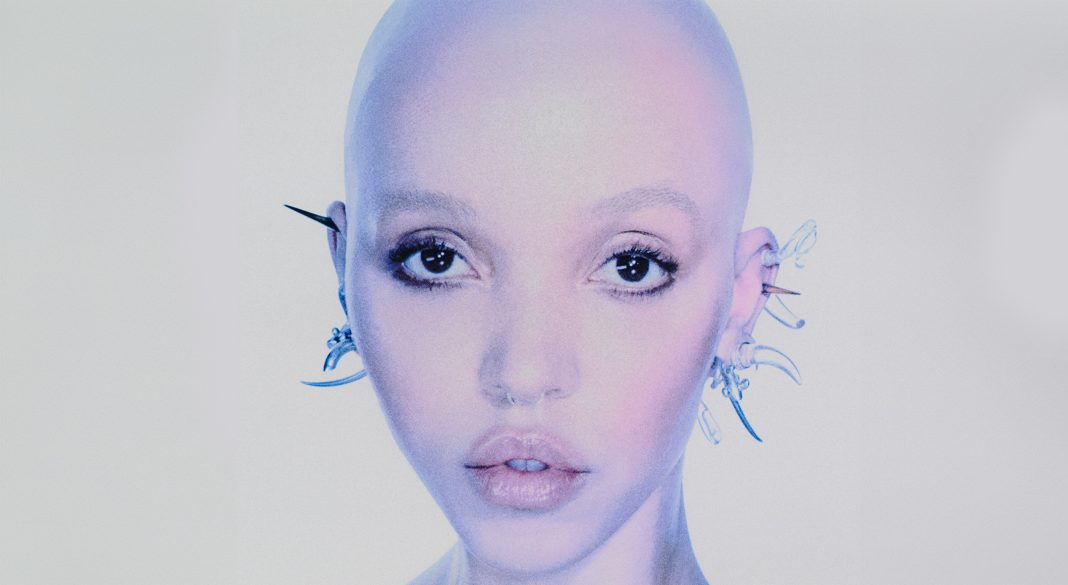FKA twigs has announced a new educational grant to get more women into music tech roles, in partnership with non-profit organisation Saffron. The news came as the artist collected her Inspirational Artist award at the Music Week Women In Music Awards in London on Friday – and used her speech to deliver a fierce critique of the industry’s gender imbalance.
Alongside being a creative polymath, Twigs has long been an advocate for change. She hopes the new grant will help support women who are interested in “working at the backbone of the industry – techs, engineers, all of the roles I hope to see more women earning and being successful at in the future”.
Saffron provides hands-on opportunities for women and non-binary people to access music production and sound engineering development through short courses, workshops, mentoring and industry connections. Their vision is a creative landscape where all underrepresented artists can harness technology for full self-expression, disrupting power structures and shaping culture.
Twigs’ speech didn’t shy away from calling out the sexism she’s faced throughout her career.
“When I was a little girl, I would daydream about one day being a music artist, and I would doubt myself,” she said. “I’ve been releasing music now for over 10 years, and to my surprise, those things are actually the easy part. The hard part of being a female singer and producer artist – the part I have found the most challenging – is dealing with men.”
She spoke candidly about navigating “a male-dominated industry rife with unwanted sexual advances and fragile egos,” recalling times she’s had to fight to retrieve her own stems from male producers whose “pride had been bruised.”
“These experiences seeded doubt in me,” she said. “When I’ve told males who are being paid off the back of my talent that I feel unsafe, and I’m told to ‘take the situation with a pinch of salt’, that I ‘need these people for my career’, so I should just ‘play the game back’… No doubt many women in music have had to navigate these situations and obstacles before they even get to lay a finger on a keyboard or touch a computer mouse.”
“If we don’t use our voices collectively to raise these concerns,” she continued, “how do we expect the circumstances to be any different for the next generation of women?”
Her message was backed by stark statistics.
“In the two decades I’ve been in the studio, aside from the sessions where it’s been at my request, I’ve only worked with one female engineer. I’ve met one female head of a label, and no female producers have ever accidentally joined any of my studio sessions. That’s despicable — but not surprising — considering fewer than 5% of professionals in music production are women, and less than 1% of those are women of colour.”
“I wish when I started out, I could have had more women around me — engineers, techs, managers, executives — more support, more advice, more people to hold those accountable who made me feel uncomfortable. Then maybe I wouldn’t have had to navigate so much unnecessary noise.”
Still, she made a point of gratitude too.
“There have been so many incredible men who have supported me with my art behind the scenes, and I’m so grateful to you. I just want more diversity and equal opportunity so that young females can be making it in the music industry across all roles and concentrating on what we’re supposed to be doing — which is making art.”
Next month, Twigs releases ‘Eusexua: Afterglow’, a new body of work that continues the visceral, dance-driven world she began with the Mercury-prize nominated ‘Eusexua’ earlier this year. A reminder, if one were needed, that her power extends far beyond performance – to changing the structures behind it.






